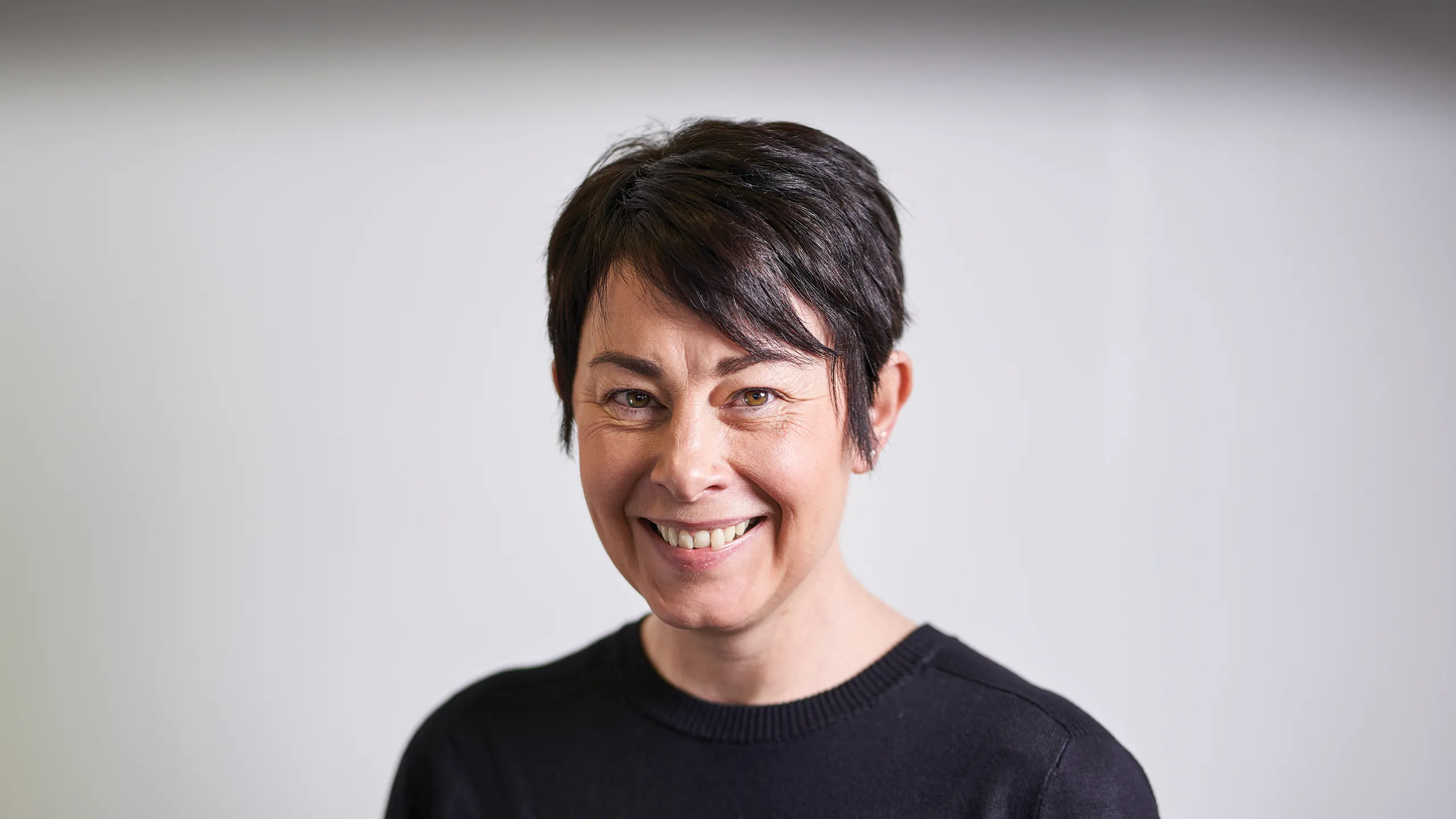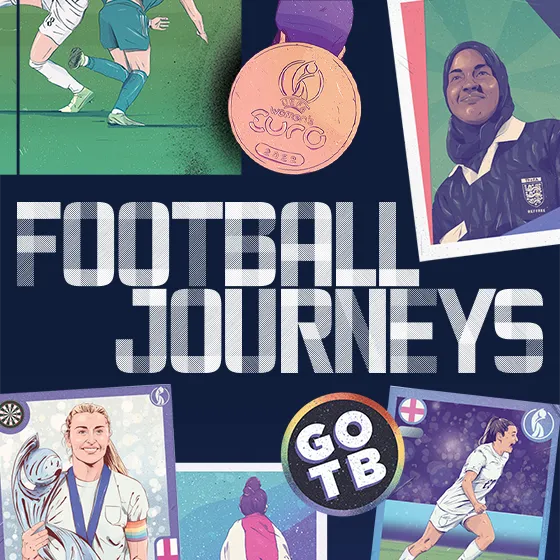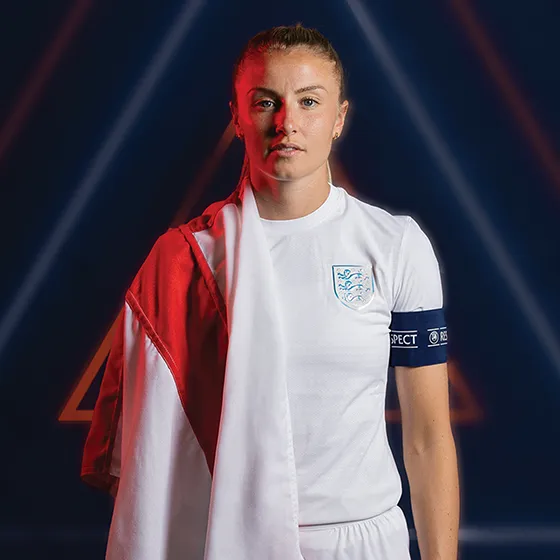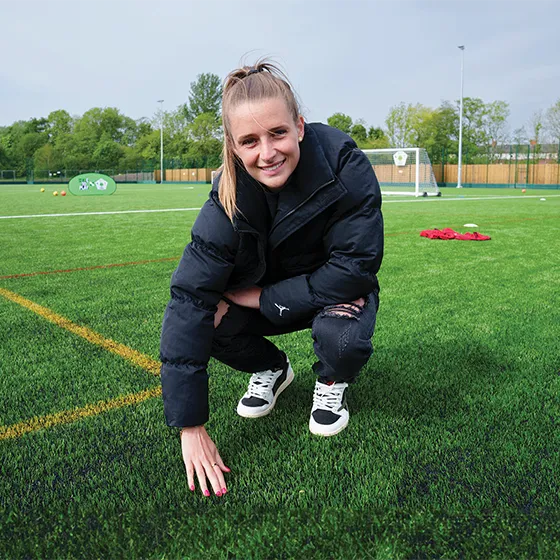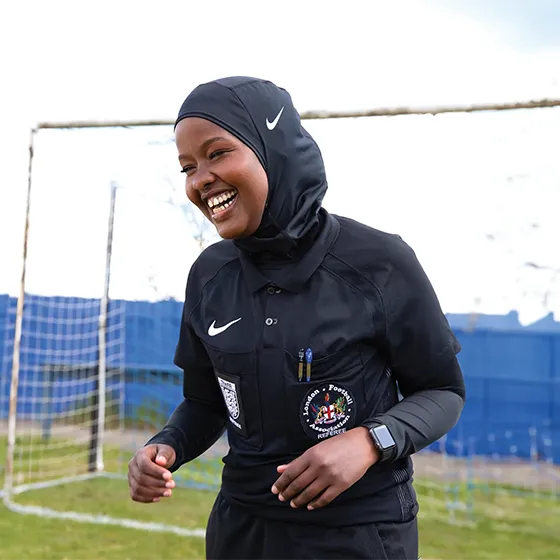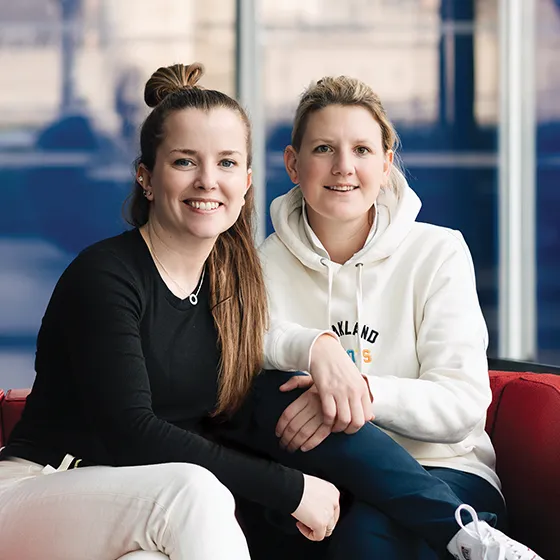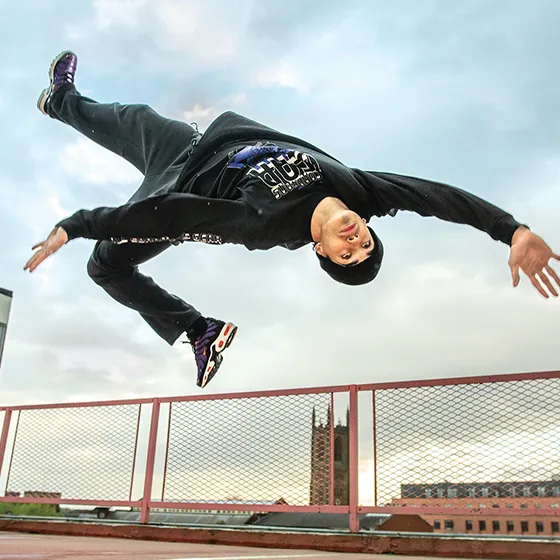On the surface, the overall numbers show a near 50:50 balance between male and female coaches at grassroots level in the UK. But women are seriously underrepresented at elite levels. For instance, only 17 per cent of coaches at the last Olympics were female, with the target of 25 per cent for Paris 2024 yet to be confirmed. By talking to many coaches, I know that the journey up the coaching ladder is fraught with barriers, particularly for women.
Common challenges for all coaches include balancing work and home life, training costs and the predominantly voluntary nature of coaching, with only 9 per cent of the UK’s 3 million coaches (as of 2022) considering it their primary income source.
However, female coaches face additional hurdles, notably a lack of visible role models and mentors in high-profile coaching positions, which limits inspiration and guidance for aspiring female coaches. Prominent figures are rare, underscoring the need for more visible female leaders in coaching.
Achieving gender parity in coaching requires systemic changes that go beyond individual efforts
For myself and my colleagues at UK Coaching, we’ve launched initiatives such as The Women Who Coach Hub – this shares the experiences of successful female coaches and highlights strategies for overcoming barriers. It not only encourages more women to enter coaching but also supports their progression within the field. But challenges for women in coaching extend beyond recruitment. Intersectionality exacerbates these barriers, with women from diverse backgrounds facing obstacles. For instance, an ethnically diverse woman with a disability faces far greater challenges in advancing in coaching compared to her peers.
Even when women break through that concrete ceiling and achieve high-ranking positions, they often encounter stereotypical attitudes and microaggressions, such as surprise at seeing a woman lead a session, which undermine their respect and contribution.
Achieving gender parity in coaching requires systemic changes that go beyond individual efforts. It demands shifts in organisational cultures, increased support structures and equitable opportunities for professional development. Just as society strives for equality in all aspects, sports coaching must reflect these ideals to truly flourish and benefit from the diverse talent pool that exists.
As we move forward, it’s crucial to continue advocating for inclusive practices and policies that empower women in coaching. By dismantling barriers and fostering an environment where every coach, regardless of gender or background, can thrive, we not only enhance the coaching profession but also enrich the sporting experiences of athletes and participants across the UK.
The Women Who Coach Hub is at ukcoaching.org










